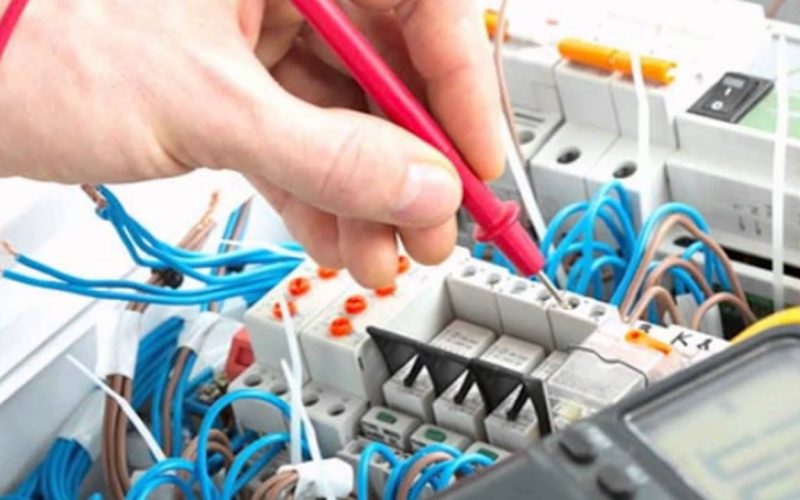In today’s technology-driven world, a safe and efficient electrical system is vital for every household. Whether you are building a new home or renovating an existing one, understanding domestic electrical installation is crucial. This comprehensive guide aims to provide valuable insights into domestic electrical installation, emphasizing safety, efficiency, and the importance of hiring a professional electrician.
**1. ** Understanding Domestic Electrical Systems
The first step in domestic electrical installation is understanding the basic components of an electrical system. This includes the main service panel, circuit breakers, wiring, outlets, and switches. Understanding how electricity flows through your home is essential to ensuring a safe installation.
**2. ** Safety First: Importance of Hiring a Professional
While DIY projects can be rewarding, electrical work is best left to the professionals. Hiring a licensed electrician ensures that the installation is done correctly, following all safety codes and regulations. Professionals have the expertise to handle complex wiring, troubleshoot issues, and guarantee a safe electrical setup for your home.
**3. ** Planning Your Electrical Layout
Careful planning is key to a successful domestic electrical installation. Consider your family’s current and future needs, including the number and placement of outlets, lighting fixtures, and appliances. A well-thought-out electrical layout can enhance functionality and convenience in your home.
**4. ** Choosing the Right Wiring and Components
Selecting the appropriate wiring and electrical components is vital for safety and efficiency. Your electrician will help you choose the right wire gauge, circuit breakers, outlets, and switches based on the electrical load and requirements of different areas in your home. Using high-quality materials ensures longevity and reduces the risk of electrical fires.
**5. ** Grounding and Bonding
Proper grounding and bonding are essential for protecting your home and appliances from electrical faults and lightning strikes. Grounding provides a safe pathway for electrical currents to travel into the earth, while bonding ensures that all metal components are connected, preventing the buildup of voltage differences that can lead to electric shocks or fires.
**6. ** Regular Maintenance and Safety Checks
Once your domestic electrical installation is complete, regular maintenance and safety checks are necessary to keep your system in optimal condition. Encourage routine inspections by a qualified electrician to identify and address potential issues before they escalate. Additionally, educate your family members about electrical safety practices to prevent accidents.
